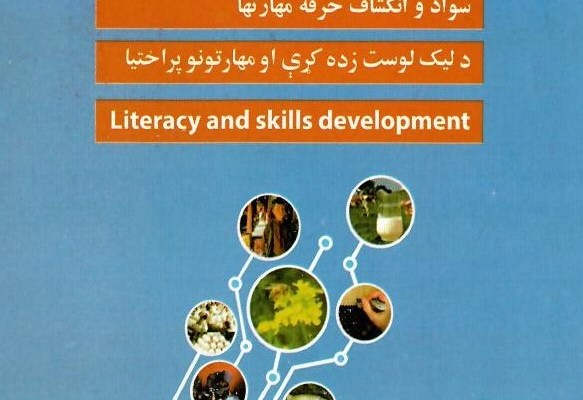Literacy Day 2018

LITERACY DAY 2018- ILLITERACY IS SYNONYMOUS WITH EXCLUSION AND POVERTY. WE MUST TURN THIS AROUND
SEPTEMBER 5, 2018
More than 300 representatives of key stakeholders, literacy facilitators, trainers, women organizations, national and international orgnaizations of literacy education celebrated the ‘International Literacy Day’ at the Chief Executive Meeting Hall in Kabul on September 4, 2018. H.E. Dr. Mohammad Mirwais Balki opened the gathering.
Dr. Abdullah Abdullah, Chief Executive of the Islamic Republic of Afghanistan, an advocator of literacy education programs since many years, appreciated the efforts of all stakeholders to reduce illiteracy among men and women. He calls to volunteer “each one should teach one”.
In his persuasive speech the Swedish Ambassador, H.E. Tobias Thyberg, underlined that “despite the positive and admirable strides made in education throughout the past decade, adult literacy education has been one of the most neglected areas of intervention throughout the country. There remain at least 11 million Afghans above age 15, suffering from lack or low levels of reading, writing and numeracy skills. Female literacy levels are on average 12% while male literacy rates average about 40%.” In rural areas where some 74 per cent of all Afghans reside, the situation is acute: an estimated 90 per cent of women and 63 percent of men cannot read, write or compute. These women and men, boys and girls, on the edges of the global village, receive none of the benefits of globalization but suffer all its costs. They are more vulnerable to ill heath, exploitation and human rights abuse. They are more likely to be unemployed, and to be paid less if they do find work. Unable to read or write, they are held back from their full potential, and whole communities are locked into vicious cycles of poverty that create the conditions for violence and strife.”
The event concluded with a call for sustainable action: “Illiteracy is synonymous with exclusion and poverty. We must turn this around. This is the promise of the Agenda 2030, which sets forth a new global vision of prosperity, sustainability and peace. Among its 17 clear goals is to “ensure quality education and lifelong learning for all.”
